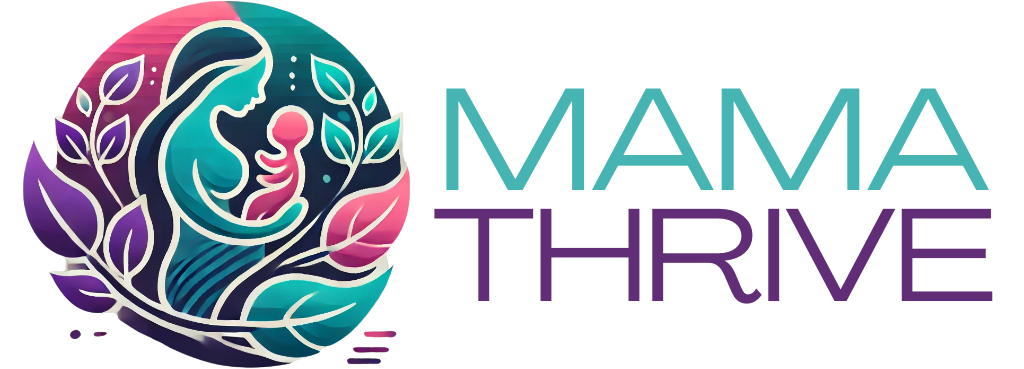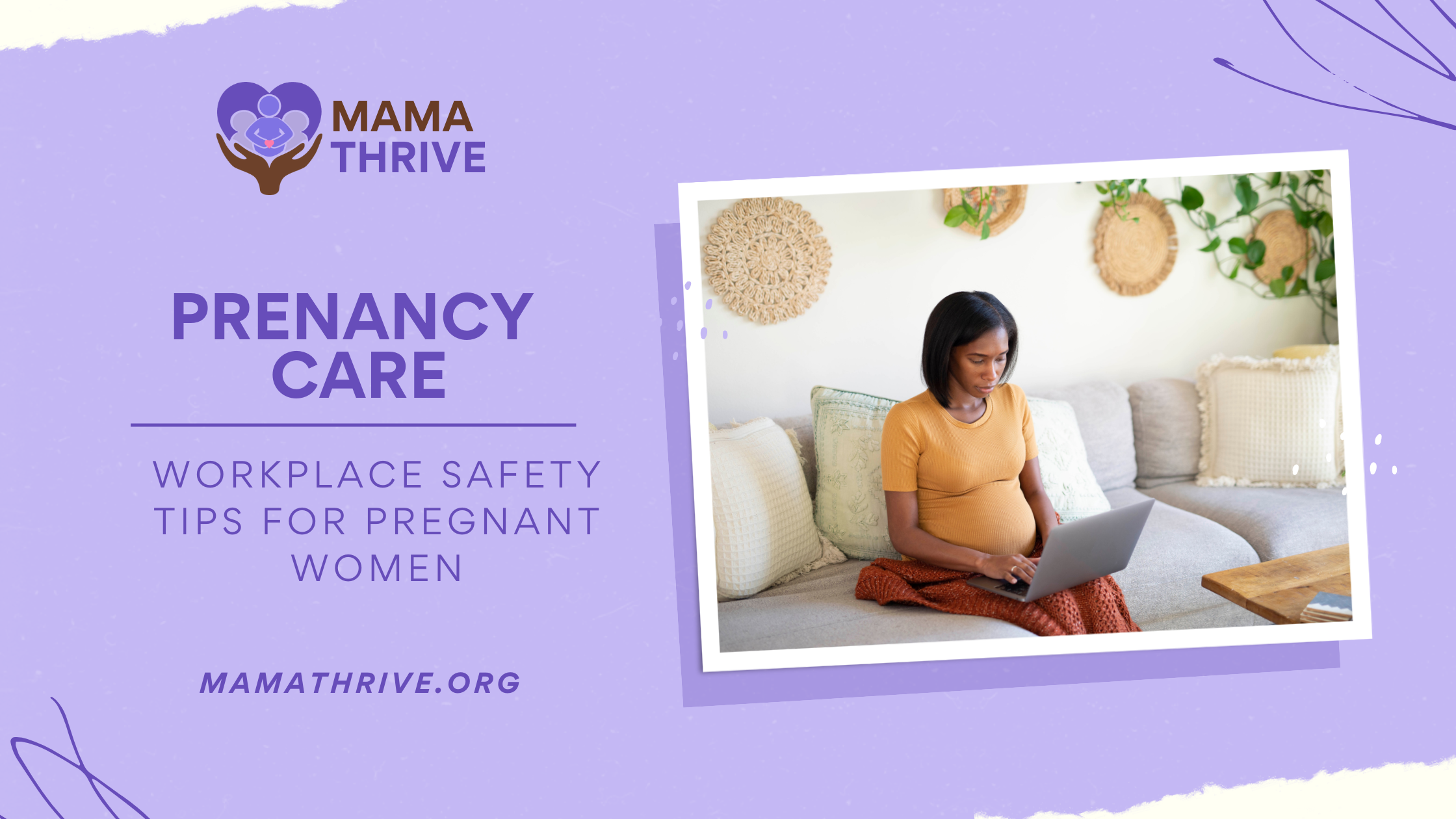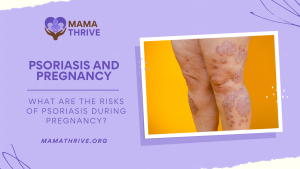Almost 70% of expecting mothers in the US keep working while pregnant. When you’re pregnant, working can be exciting but also hard. You want to keep you and your baby safe. This guide will give workplace safety tips for pregnant women.
Talk to your boss about being pregnant. This helps you both find and fix any risks. Talking early and often with your boss makes things go smoother. It helps create a safer work spot for you. Planning ahead is also key. You might need changes to your desk, your schedule, or more safety rules. Make sure your workplace is safe for you. Your health and your baby’s health come first. Chat with your boss and make sure your work area fits your needs. Stay safe by knowing what could be dangerous at work.
Your health and your baby’s health come first. With the right steps and talking with your boss, you can handle work while pregnant well. Enjoy a safe and happy pregnancy at work.
Safety Tips for Pregnant Women: Prioritizing Maternal Well-being
Expecting a baby means taking good care of yourself. Your health is not just vital for you but also for your baby’s well-being. The American College of Obstetricians and Gynecologists recommends staying active during pregnancy. They say activities like walking, swimming, or yoga for expectant mothers are great. These moderate exercises can boost your heart’s health and muscle strength. They also help you cope with pregnancy’s hard parts, like tiredness and back pain.
Managing stress is crucial for your health too. Relaxation methods like deep breaths and meditation. Doing these can help you handle the stress of work and pregnancy. It’s normal to feel more emotional and anxious when pregnant. Finding ways to reduce stress is good for your baby too.
Getting enough rest and eating well are also very important. The National Institutes of Health say pregnant women need 7-9 hours of sleep each night. They should eat a diet rich in fruits, veggies, and whole grains, along with taking prenatal vitamins.
Focus on your well-being to support your baby’s growth. Keep talking to your doctor and make sure to adjust your routine as your pregnancy progresses.
Ergonomic Considerations for Expectant Mothers
As you move along in your pregnancy, make sure your work area is comfy and safe. Getting the right support can cut down on muscle soreness. It also makes working while pregnant a better experience.
OSHA’s Ergonomics Division says pregnant women should make their work setups fit their bodies better. This might mean changing chair height or using a footrest and a back cushion. These small tweaks help ease strain on your back and shoulders, which can get sore easily during pregnancy.
Also, the CDC advises taking breaks to move and stretch. Too much sitting or standing without breaks can cause swelling and tiredness. Breaks help with blood flow and curb discomfort, keeping you feeling better.
The American Pregnancy Association stresses not standing or sitting for too long. It can lead to issues like swelling and tiredness. Consider using desks that can be adjusted or changing where you sit to keep moving throughout the day.
Employers who look after ergonomic needs are crucial for pregnant employees’ health and safety. They can help by offering furniture that adjusts, suggesting times for stretching, and working with you to make things better. This makes working a better experience and helps with a healthy pregnancy journey.
Making ergonomic considerations a priority is big for a healthy pregnancy at work. Employers that focus on these needs show they care about their staff. They help make being pregnant at work easier, which is great for both the mom and the baby. It builds a workplace that welcomes and supports expectant moms as they go through this amazing life change.

Safety Tips for Pregnant Women: Workplace Hazards and Precautions
Pregnancy can make you more at risk from some workplace dangers. It’s key to know what these dangers are. The NIOSH advises against chemicals, radiation, and diseases that can hurt your baby. For example, in healthcare or labs, take care to avoid stuff like the flu, hepatitis, or Zika. These diseases really threaten unborn babies.
Avoid heavy lifting, standing too long, and very hot or cold places. These things can lead to problems with your pregnancy. Doing the same tasks over and over, like on an assembly line or typing, can cause pain and make you tired. Work with your boss to find ways to change your job for the better.
OSHA adds that you should look out for harmful chemicals too. These can be anywhere from factories to salons. It’s important to figure out with your work how to make things safer for you.
A study in the Journal of Occupational and Environmental Medicine showed that things like dry cleaning or printing chemicals up the risk of having your baby early. The CDC warns that being around lead can cause problems such as birth defects or losing the baby.
To stay safe at work, speak with your boss and come up with safety plans together. You might need to change your job or the way you do things. Protecting yourself and your baby is vital. Actively working towards a safer job can lead to a better and stress-free pregnancy while keeping up with work.
Along with physical risks, think about how stress might affect you emotionally or mentally during your pregnancy. The APA says you should try stress-busting methods like meditation, yoga, or exercising to find a good balance. This can help avoid problems related to your pregnancy.
By working hand in hand with your employer, you can safely work while pregnant. Always remember, keeping you and your baby safe is the most important thing. Your workplace should be there to help you throughout your pregnancy. With the right adjustments, you can take care of your career and your health as a mom.
Prenatal Care Advice: Nurturing Your Well-being
Getting regular prenatal care is really important for your health and your baby’s health. The American College of Obstetricians and Gynecologists (ACOG) says pregnant women should have check-ups often. These visits are to watch how things are going, talk about worries, and get the right advice. You’ll have a thorough check that looks at your baby’s growth, your health signs, and if any health changes are needed.
Your doctor will also give you advice on prenatal vitamins, shots you need to stay healthy, and any other care you may require. The CDC highlight how these steps are key to a healthy pregnancy and less trouble. Taking prenatal vitamins helps vitamins. Immunizations keep you both safe from sicknesses.
The NIH recommend taking care of yourself all-around. This means keeping stress low, eating well, and staying active. Managing stress with things like relaxing and deep breathing can make pregnancy easier. It’s crucial to eat a balanced diet. Fruits, veggies, grains, and lean proteins are essential for both baby and mom.
Being active through yoga, walking, or swimming is good for you and the baby. This kind of exercise is great for your heart, lowers the chance of diabetes, and makes you feel good. Always talk to your doctor about what exercise is best for you. They can advise what’s safe and what to avoid at different pregnancy stages.
Looking at your whole pregnancy health from check-ups to staying well is key. This approach with regular doctor visits and self-care supports a positive pregnancy. By focusing on your health and listening to your doctor, you’re giving your baby a great start in life.
Learn about the benefits of hydrotherapy for pregnancy.
Expecting Mother Guidelines: Navigating the Workplace
Understanding your rights and duties at work is key when you’re pregnant. The U.S. Equal Employment Opportunity Commission (EEOC) states that employers must help pregnant workers. This help could be changing work hours, giving special equipment, or changing duties to less tiring ones.
Take Samantha, for instance. She’s a marketing manager who worked with her boss to tweak her schedule during her pregnancy. Because she had more prenatal appointments and needed time at home due to tiredness, her job allowed her to work from home more and shift her hours. This step kept her work up and fulfilled her health needs.
It’s vital to talk with your boss and find ways to stay safe and comfy at work while pregnant. The U.S. Department of Labor found that when bosses and pregnant workers talk well, they often find solutions that help both. This kind of talk supports the mom-to-be’s health and work at the same time.
Also, federal laws like the Family and Medical Leave Act (FMLA) and the Pregnancy Discrimination Act (PDA) protect pregnant workers. The FMLA might provide up to 12 weeks of unpaid but job-secured leave if needed, like to care for a newborn. The PDA makes it illegal to treat workers badly because they’re pregnant or after childbirth.
Emily, an accountant at a CPA firm, faced health issues during pregnancy. She needed extra time off, which her employer had to allow. Thanks to FMLA and PDA, her rights were clear, and the necessary support was given. This shows the importance of knowing your rights at work when expecting.
Knowing your rights and what to expect at work when pregnant is empowering. It helps ensure your needs are met without jeopardizing your job. Always talk openly with your employer and stand up for what you need. Laws are there to protect you and your baby while you’re pregnant.
Conclusion: Embracing a Safe and Healthy Pregnancy Journey
Navigating work during pregnancy is exciting but can be tough. By focusing on your safety and well-being, you guarantee a cozy journey. Always talk with your boss openly, solve any ergonomic needs, and watch out for work hazards.
Stick to a solid prenatal care plan. Plus, never shy away from asking for help from a doctor or local groups.
Following safety tips at work protects both your health and your baby’s. Taking a positive stance on your pregnancy can make work an enjoyable part of this special time. Best wishes for a safe and healthy pregnancy!





